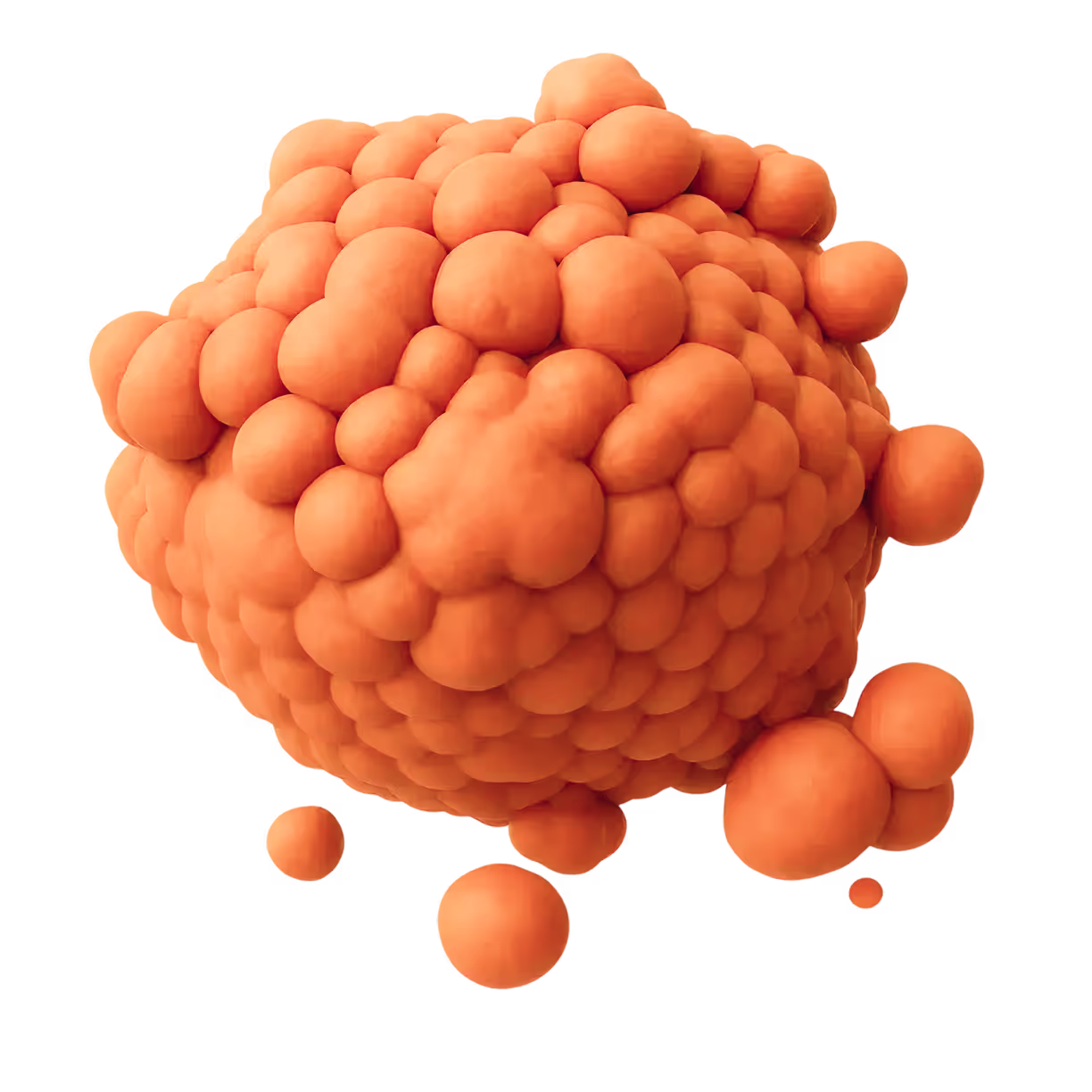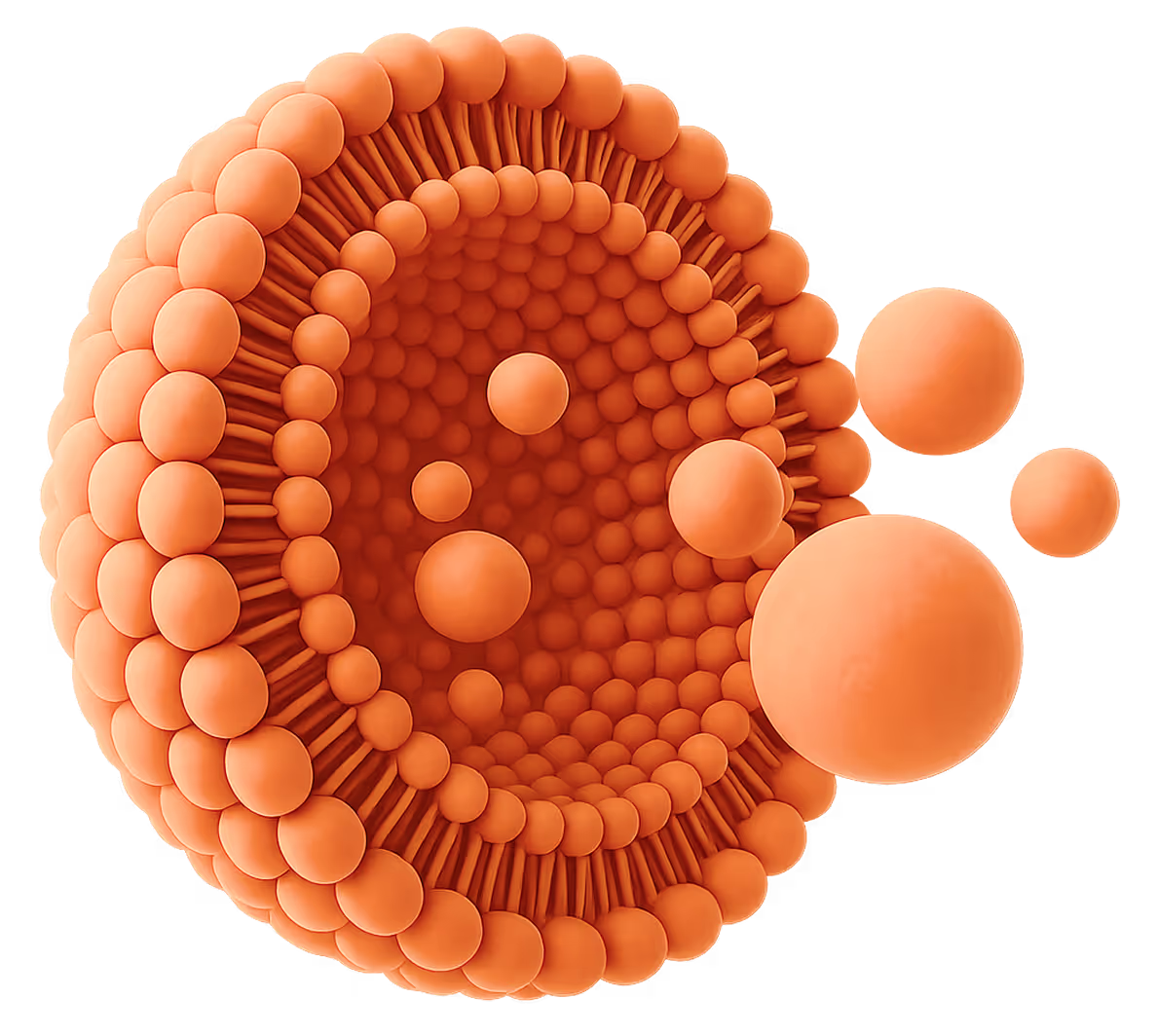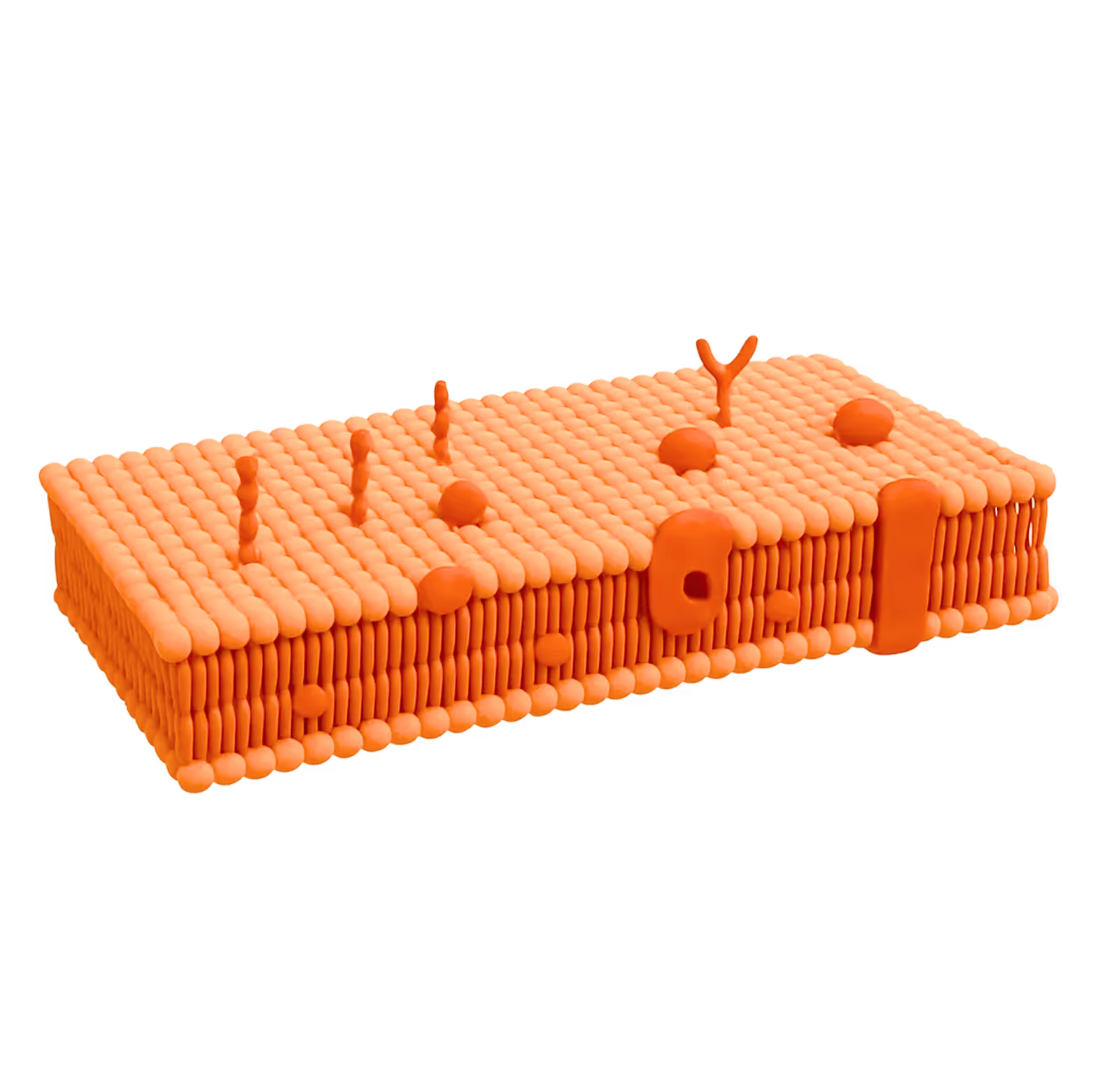Applications
















Projects
Personalized organ-on-a-chip platform for microbiota research and testing to enable the development and validation of new therapies. PERFORM-CHIP
Read More
MIRACLE: Multi-modal Integrated Real-time Analyte Characterization for Living in vitro Environments
Read More
Comparative Development of In Vitro Testing Models for Ozempic Generic Quality Assessment: Organs-on-Chip Versus Traditional Systems. COMPETE
Read More
Frequently Asked Questions
Organ-on-chip technology combines living cells with microfluidics to recreate tissue-specific microenvironments. With our platform, you can model and test cancer biology, drug absorption, metabolism, toxicity, immune responses, microbiome interactions, and more.
Our chips and instruments are user-friendly, saving time in experimental setup and reducing risks of technical error. This translates to faster workflows and shorter experimental cycles.
No. Our design does not rely on complex tubing systems. This minimizes leaks, reduces contamination risk, and makes the setup significantly easier to handle.
No. Our system supports integrated, in-chip microscopy, so you can monitor cells directly in real time without disturbing the experiment.
Yes. All chips are sterilized using ethylene oxide (EtO), ensuring safe and contamination-free experiments.
Thank you!
Thank you for getting in touch with us! We will contact you shortly!